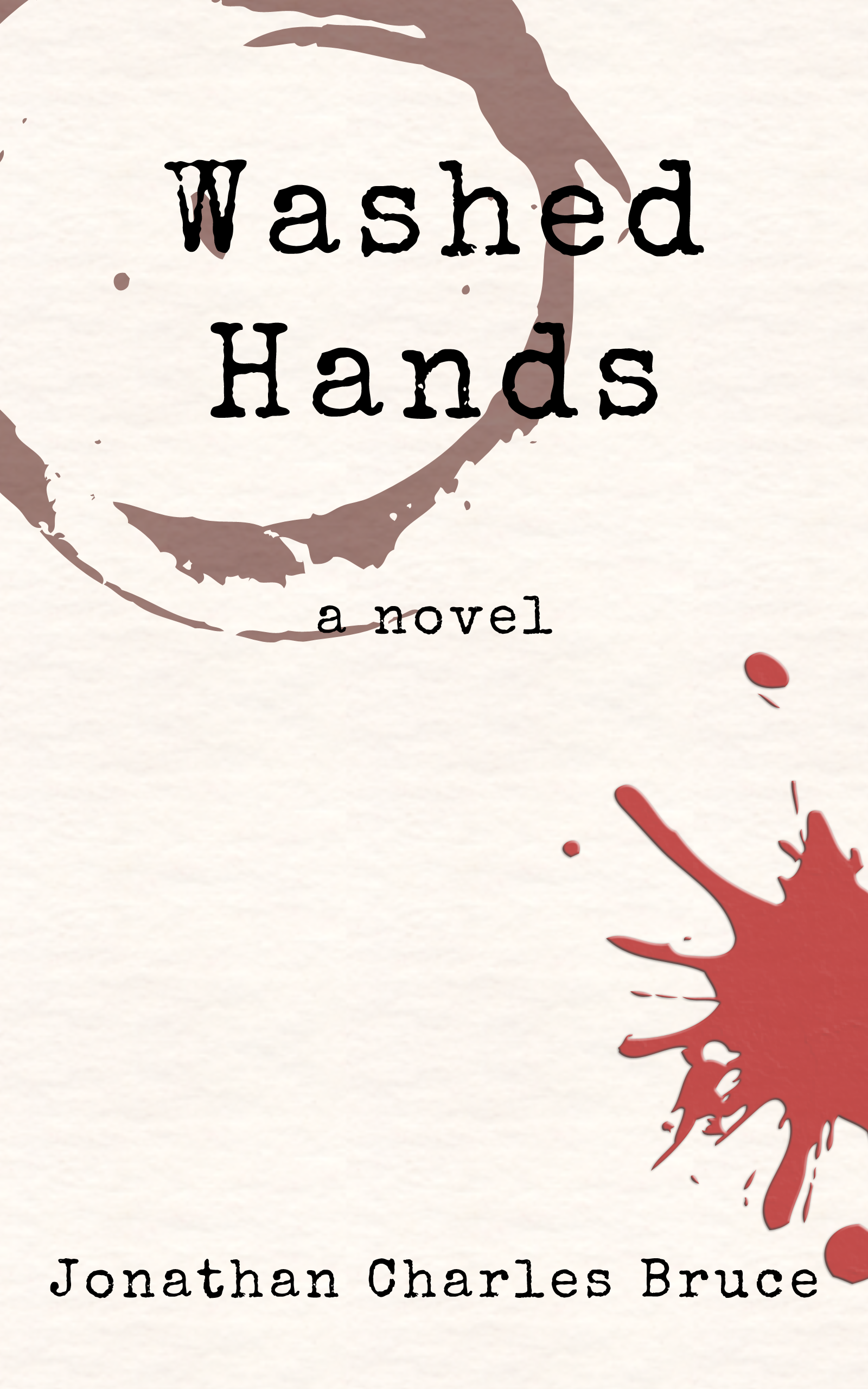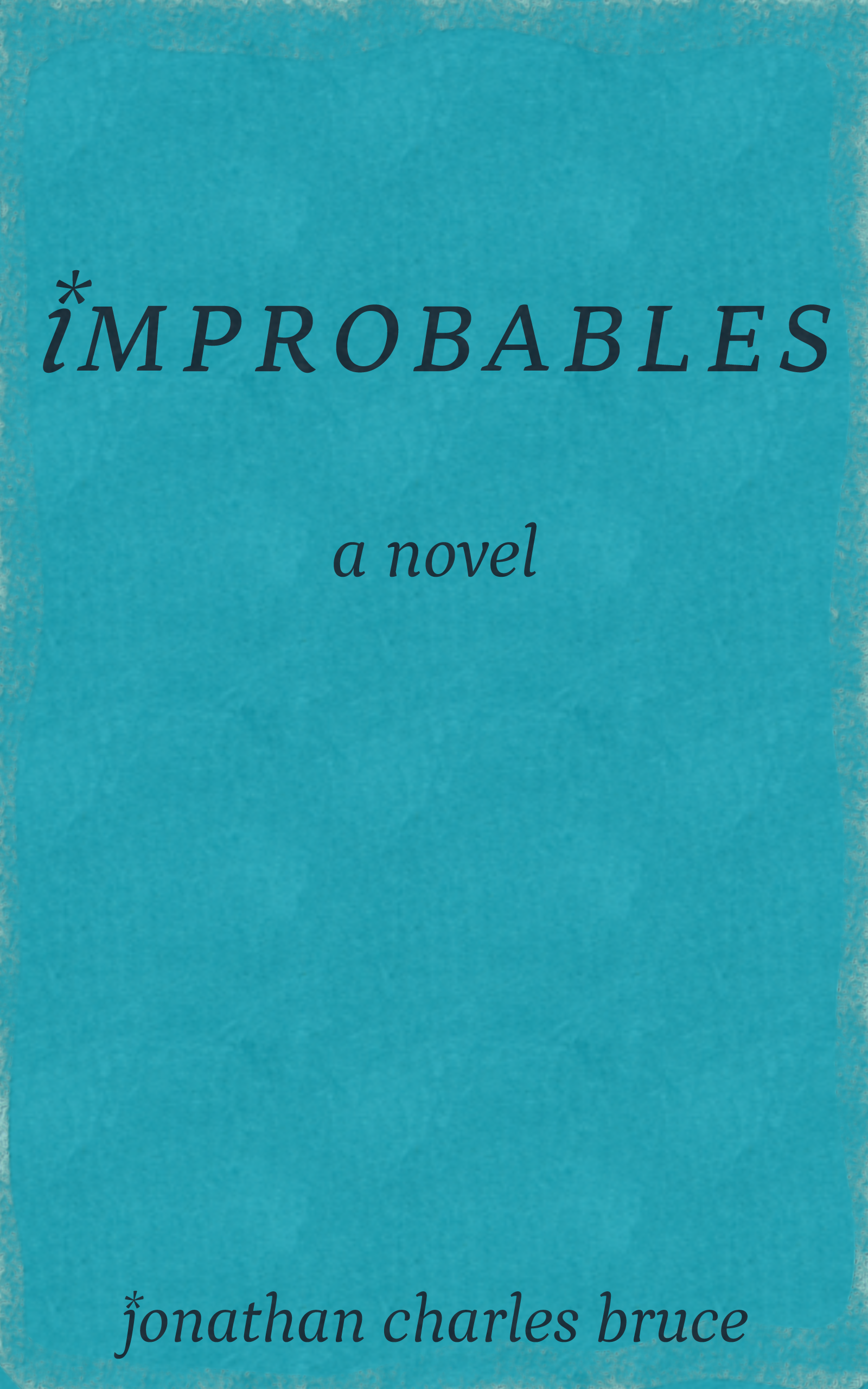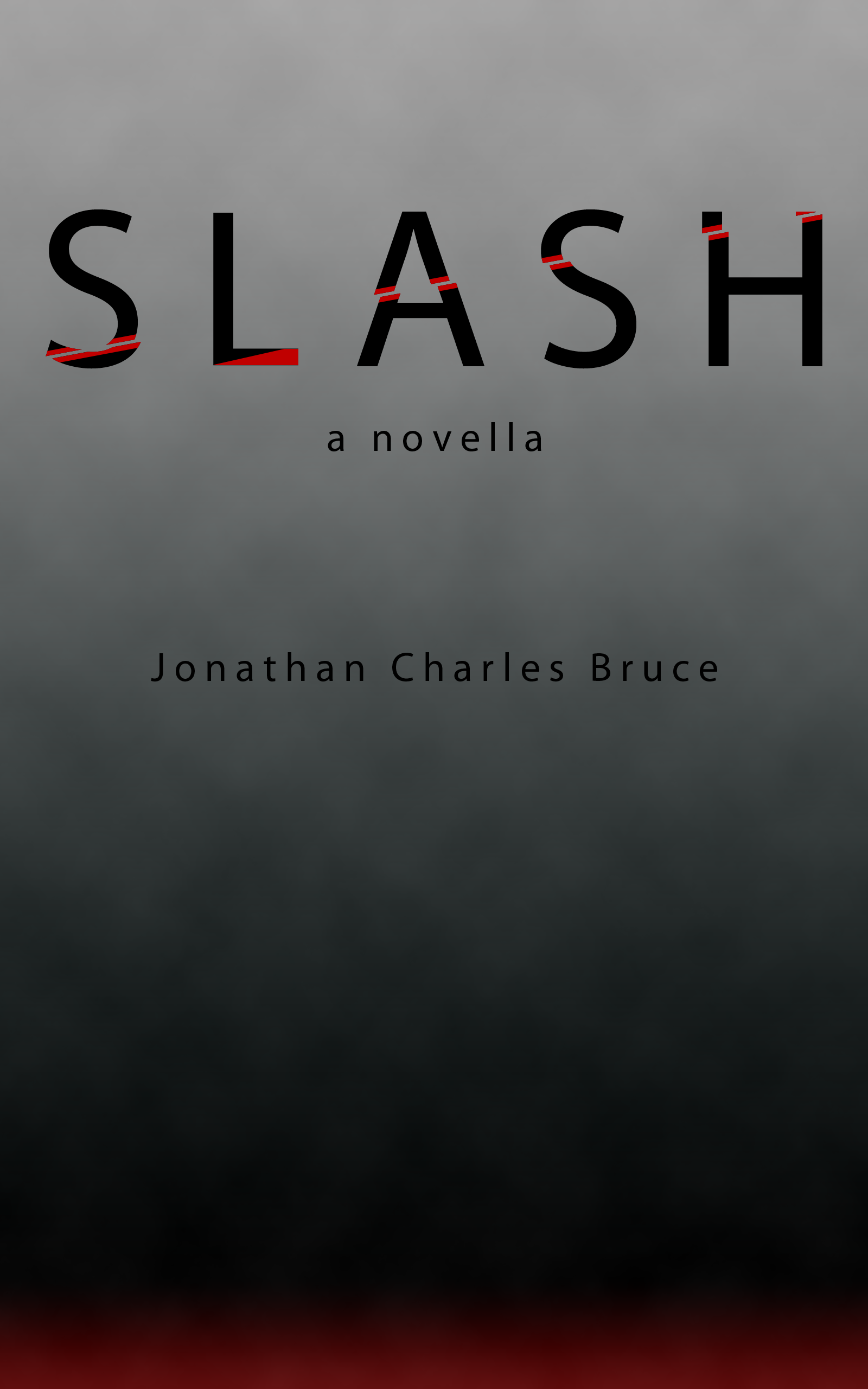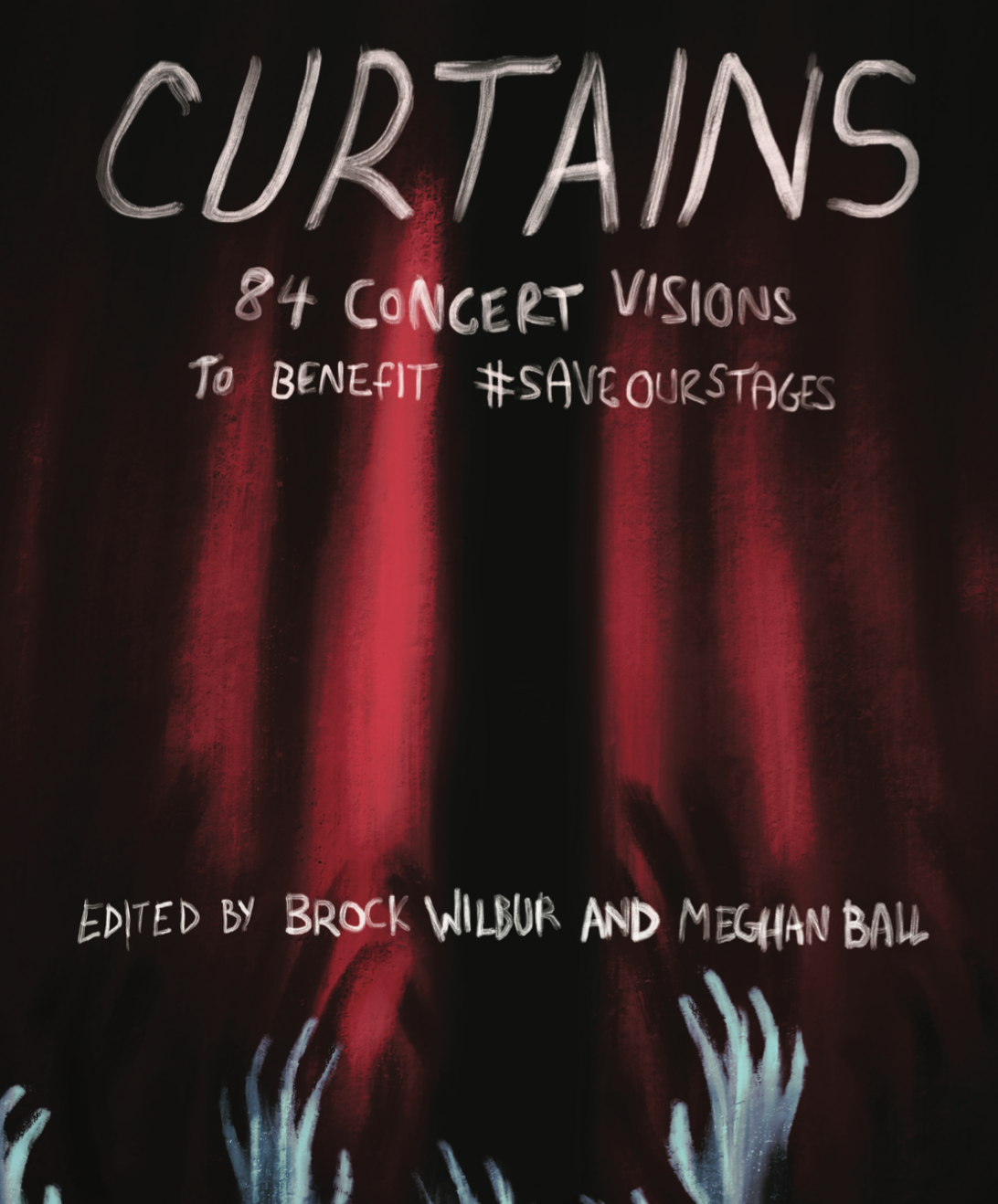You've Frightened Us More Than the Others

Review and Reflection
First thing's first - here's some mood music.
Our Darker Purpose follows a quiet girl by the name of Cordy, an orphaned student in the Edgewood Home for Lost Children. A month ago, a teacher by the name of Mr. L was called out of the classroom by the administration. He left Cordy and two of her compatriots – the bully Goneril and the ‘queen bee’ Regan – in charge while he was gone. Every child in the classroom allied with one of the three girls. Things were going just fine – as fine as things can go in the haunted, awful school of Edgewood – until Regan and Goneril’s collective minions attacked Cordy and her friends, leaving most of the kids dead and Cordy unconscious. When the quiet girl comes to, she sets off to find out what happened to the adults.
I bought Our Darker Purpose on a whim when it was released on Steam awhile back. I had heard nothing about it, but reading the synopsis was enough to push me to buy it. Apparently, there’s something about the “child endangerment” genre that I find oddly appealing. It must be my generalized hatred of children.
Long story short, I fell in love with ODP. That’s code for hurry up and buy the damn thing, start downloading it, and come back here to finish reading.
It’s a kinda-roguelike in the same vein of The Binding of Isaac and FTL, both games that have devoured a preposterous amount of my time. The game is built on the idea of permadeath. That is to say, you only get one life and there are no saves – Cordy is unique by the time you’ve finished (or have died). However, as you play you unlock new items and optional skills that will help you get a little further the next time. Coupled with the procedurally generated maps, each game will play out differently than the last.
In terms of actual gameplay, it is most similar to The Binding of Isaac, with its WASD movement controls and arrow keys to attack in the cardinal directions. You collect items from either vending machines or fallen enemies; said items generally help Cordy in some way, from upping stats to defensive items. Outside of your basic attack, you have a limited number of area-of-effect attacks, taking the form of clouds of chalk dust.
Now, I’ve read some dipshits on the Steam forums just whine, then, that the game is ripping off Isaac. Anyone with any kind of capacity to pay attention, however, can appreciate that ODP really is an animal unto itself. It takes familiar concepts and plays with them in new and effective ways, keeping it familiar enough to get into but new enough to keep pushing forward.
Although they may seem small, a couple of differences are the key to understanding what makes the game stand out. Fundamental to survival is a roll which speeds up Cordy and makes her harder to hit. You also level up, which gives you the option to read one of two books which will alter Cordy – she can occasionally trade certain stats for coins (if you’re an idiot), get a boost to attack speed, or an extra life. And the choice is rarely easy – you’re often times supposed to make a decision between extra health or another stat that can potentially mean the difference between life and death. Of course, not all level ups are equal, and sometimes you’re rewarded with two equally terrible options. Gameplay!
Cordy’s roll is a very practical example of how different a game can feel just by adding a single button to the mix. Controlling a roll is absolutely integral to the experience – most enemies and bosses seem to be built around smart use of the roll to survive. And since rolling makes you more versatile in general, that really opens up the levels in new and creative ways.
I suppose this is as good of a space as any to talk about the enemies and bosses. As mentioned, they are built around the dodge mechanic. But they’re so much more than that. Enemies are usually paired in ways that compensate for each other’s weaknesses, forcing the player to strategize their way through a room. And since most enemies can actually spawn as a tougher version of themselves with additional attacks or movement patterns, picking your moments to fight is every bit as important as running the hell away.
And then there are the bosses. Just about every boss in the game utilizes a larger than average space for the fight, making your movement key to victory. Even in some cases when your movement is restricted – such as a battle against a group of kids locked in a freezer for detention – your limited space is something that needs to be capitalized on. Honestly, this game has some amazing boss fights. The only one that falls flat is against a student that moves based on chess pieces, and that’s just because he hits way too hard and he has way too much health. But that’s a low point compared to my absolute favorite, a chalk doodle with a noose around its neck that tries to kill you.
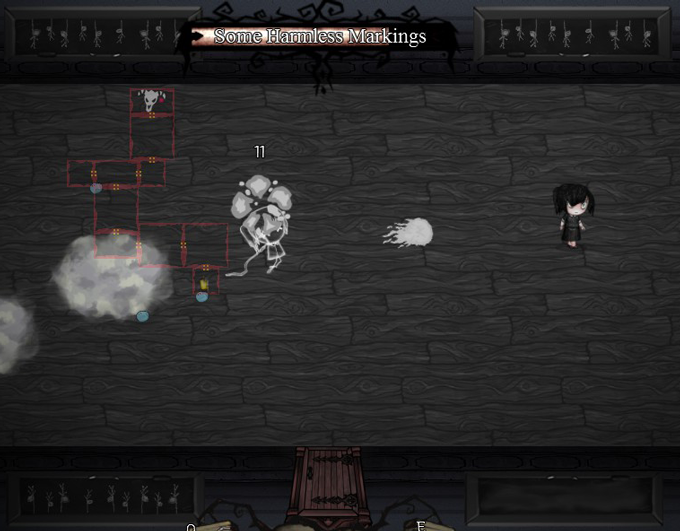
Yes, this is a thing that happens. Yes, it is named "Some Harmless Markings." Yes, it is awesome.
For all the versatility the roll grants you, though, it’s really the level ups that push ODP into new ground. In games like The Binding of Isaac, the most decision you have in a character’s development is the binary take-it-or-leave-it of items left behind. With ODP, your choices can cater to your play style – movement over damage, tank, glass cannon, etc. I personally go for high-critical chance and fling myself out of danger.
That isn’t to say it’s perfect, though. Some benefits are fine on their own, but coupled together leads to some game-breaking silliness, like the time I was untouchable:
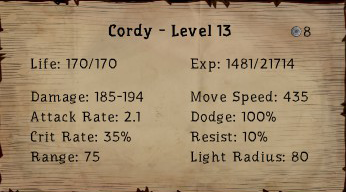
... Oops.
But, I would rather have the game become too easy than impossible to win. Items, regardless of your play style, are all synergetic, unlike with The Binding of Isaac, where you could accidentally pick up an item which would force-feed you your own explosive shots, killing you pretty much instantly. One is still enjoyable, whereas the other can ruin your day. Sure, that’s part of the whole joy of a roguelike, I suppose, but I’d like the game to always technically be winnable. That’s just me, though.
Of course, I’d also like there to be more items and other various unlocks that alter the way the game is played, but I can wait for expansions. Probably. The shakes won’t set in for another couple of days, at least.
One way in which ODP unquestionably excels in is story an overall tone. Although it is a generally horrific premise (unless you loathe children), almost every bit of writing is witty and worthy of a laugh. As you pass through the levels, inanimate objects have conversations with each other – from potatoes discussing their newly minted theocracy to potted plants surrendering to you. Every defeated boss unlocks a bit of lore for you to read through as well. There are even secret areas which give you a bit more to discover about Edgewood’s past and purpose.
The art design lends itself perfectly to the world created through the text. Most of the students have a distinct Edward Gorey-esque look to them, something which helps to solidify the atmosphere. If you don’t know who Edward Gorey is, I suppose the wider cultural reference would be to say that it is reminiscent of the aesthetic of a Tim Burton film. But shame on you, philistine.
Coupled with the way the game looks is the soundtrack, which is phenomenally well done. Although the floor-by-floor tracks aren’t quite as memorable as The Binding of Isaac’s “Sacrificial,” they do a really good job at setting the mood. But the end-of-level fights are where the tracks really shine, being equal parts haunting and frenetic. My favorite is the one that I will forever associate with the showdown between Cordy and Regan, Madness Unleashed:
Now, this game is not quite perfect yet. Cordy’s hitbox is still a bit wonky, in that you may think you can clear an obstacle only to get snagged on it just long enough to get dog piled by baddies. The game will occasionally pause to take its medication or something, leaving you to hang around while it fiddles with the childproof cap. One particularly annoying gripe is when the level up screen glitches and gives you the wrong upgrade. But Avidly Wild Games has been really responsive to the community with some of the bigger gripes that have arisen – the drop rates have improved significantly by current patch, and certain over-powered items have been nerfed to keep Cordy from becoming the destroyer of worlds.
What follows now is my customary reflection on the plot. Although this one is not nearly as spoiler-rific as others, I’m being courteous by letting y’all know about the tonal shift. You have been forewarned – take us away, rolling Cordy!
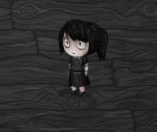
WOOOOOOO!
As frequent readers of my blog know, I’m very keen on a game’s story. Even if you’re not an avid reader, the fact that I write fucking books should be a clue (that’s books in general, not books on fucking – I’m much too squeamish for that). The basic story itself isn’t the most complicated thing on the planet – child in a hazardous environment, struggling to find out more about the sinister reality around her. But that simplicity is a tremendous strength, allowing for a more cohesive sum of its parts. Every aspect of the production just has such a strong confluence that it just adds so much character to the total package.
And once you get to a certain point, the story itself takes on a really interesting meta-narrative, if one forgives the wanky terminology. There are four chapters to the game, and the completion of every chapter boots you back to the beginning. While this seems like a way to artificially pad the game (or if you’re an aforementioned dipshit, copying The Binding of Isaac for the sake of copying), it’s more for establishing a stronger connection to the infinite-universe/infinite-playability concept. There’s symbolic meaning, but even beyond the obvious is the deconstruction of the roguelike as a whole. Every Cordy that is created is a fundamental part of the overall mythos of Our Darker Purpose, and every death is actually instrumental to the plot itself.
While the infinite universes trope has certainly come up with other games, this game is less about the sucker-punch emotionality of Bioshock: Infinite and more about the theoretical underpinnings of multiverses as a concept. It also plays with the concept in some pretty fun ways. For that, it’s pretty awesome. Combined with everything else, it takes on an entirely new dynamic that elevates it above a lot of other games.
I also harp on games-as-art on occasion (see the reviews I’ve linked to for more on that), and Our Darker Purpose is definitely another contender for the art consideration. While the story could work as a novel, film, or comic, the participation inherent in video games gives it a decidedly arty twist. After all, as Cordy’s “pilot” – on many more unsuccessful missions than successful ones – we play an important role on the story at almost every level. As the driving force, we are the ones that push her toward her inescapable destiny. And that's damn cool and slightly harrowing at the same time.
Part of me wishes that Cordy had a little more will of her own, if only to make her a more of an entity unto herself. But at the end of the day, she’s still an active protagonist – setting out for a clear goal of her own volition, not at the behest of others. “Finding her voice,” as the introductory blurb puts it, is instrumental to setting Cordy on her path of self-actualization. It’s just a shame we didn’t hear more of it.
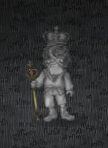
Seriously - fuck this guy.
< PREVIOUS ENTRY • NEXT ENTRY >
Advice • Fiction • Gaming • General Musings • Reviews


